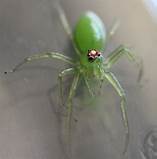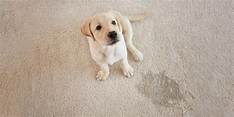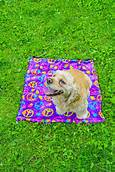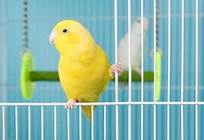How to Take Care of Pet Hermit Crabs
Hermit crabs are popular pets because they are relatively low maintenance and can be quite entertaining to watch. However, they do have specific needs that must be met in order to keep them healthy and happy. Here are some tips on how to take care of pet hermit crabs:
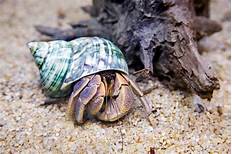
Choosing the Right Hermit Crab
When choosing a hermit crab, it is important to consider the size of the crab, the type of habitat it needs, and its temperament. Some hermit crabs are better suited for beginners than others. Some common species of hermit crabs that make good pets include:
- The Ecuadorian hermit crab
- The hairy hermit crab
- The strawberry hermit crab
- The giant hermit crab
Proper Housing
Hermit crabs need a secure and spacious enclosure that is at least 10 gallons in size. The enclosure should have a lid to prevent the crabs from escaping, and it should be well-ventilated. The substrate should be a mixture of sand and peat moss, and it should be kept moist at all times. The enclosure should also include a hiding place, such as a piece of driftwood or a coconut shell.
Diet and Nutrition
Hermit crabs are omnivores, and they will eat a variety of foods. Some common foods that hermit crabs enjoy include:
- Fresh fruits and vegetables
- Cooked chicken or fish
- Hermit crab food pellets
- Live or frozen brine shrimp
It is important to provide your hermit crab with a variety of foods to ensure that they are getting all of the nutrients they need.
Temperature and Humidity
Hermit crabs are tropical animals, and they need a warm and humid environment to thrive. The ideal temperature for hermit crabs is between 75 and 85 degrees Fahrenheit, and the humidity should be between 70 and 80 percent. You can use a heat lamp or a humidifier to maintain the proper temperature and humidity in your hermit crab's enclosure.
Shedding
Hermit crabs shed their exoskeletons as they grow. This process can take several weeks, and it is important to provide your hermit crab with a secluded place to shed in peace. Do not disturb your hermit crab while it is shedding, and do not offer it any food or water during this time.
Common Health Problems
Hermit crabs are susceptible to a variety of health problems, including:
- Shell disease
- Respiratory infections
- Bacterial infections
- Parasitic infections
It is important to take your hermit crab to a veterinarian if you notice any signs of illness. Early detection and treatment can help to improve your hermit crab's chances of survival.
Conclusion
Hermit crabs can make great pets for people of all ages. By following these tips, you can help to ensure that your hermit crab stays healthy and happy for many years to come.
Declaration: All article resources on this website, unless otherwise specified or labeled, are collected from online resources. If the content on this website infringes on the legitimate rights and interests of the original author, you can contact this website to delete it.

